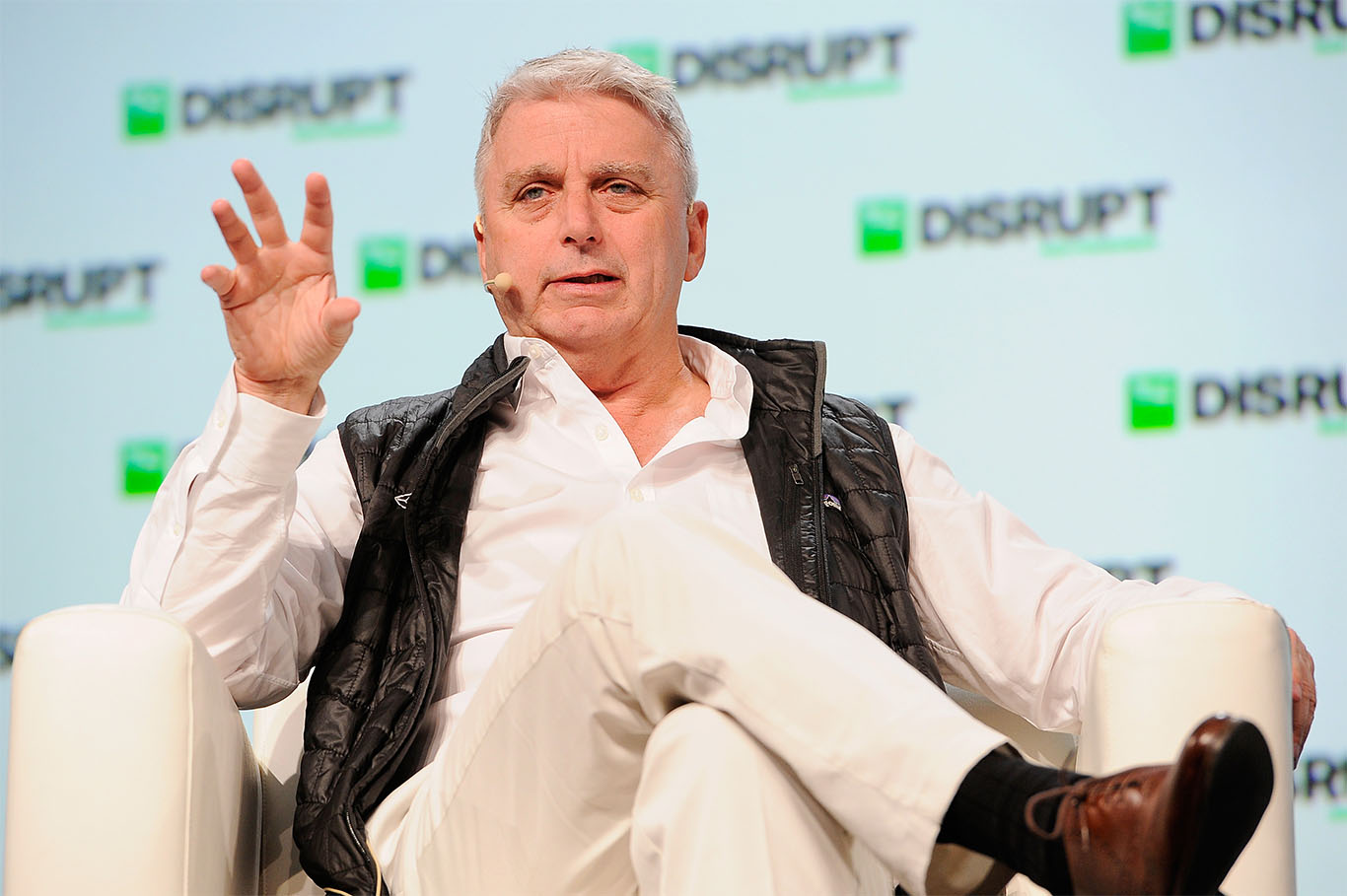
Unity CEO John Riccitiello Steps Down Amidst Pricing Model Controversy
Introduction to Unity’s Recent Turbulence
Unity Technologies, a beacon in the game development world, has recently faced a storm of challenges that have stirred the industry. Renowned for its powerful and versatile game engine, Unity has been instrumental in shaping the gaming landscape. However, recent events have cast the company in a new light. The abrupt retirement of CEO John Riccitiello, combined with a drastic shift in the company’s pricing strategy, has sparked intense debate and scrutiny. These developments have not only raised questions about the company’s future direction but also its relationship with the developer community it has long supported. This section will delve into the background of Unity’s prominence in the industry and set the stage for discussing the implications of these recent upheavals.
The Controversial Pricing Model and Its Backlash
In September 2023, Unity Technologies introduced a groundbreaking yet controversial “runtime fee” pricing model. This model imposed a $0.20 charge on developers for each game installation after reaching specific download and revenue thresholds. The implementation of this model, which applied retroactively to existing and in-progress games, ignited a fierce backlash from the game development community. This section will explore the details of the new pricing model, the immediate and overwhelming negative response it received from developers, and the broader implications for Unity’s reputation and trust within the developer community. The discussion will include insights from industry experts and reactions from prominent game developers, providing a comprehensive view of the controversy.
John Riccitiello’s Leadership and Departure
John Riccitiello’s leadership at Unity was marked by a blend of innovation and contention. Under his guidance, the company expanded its technological capabilities and market reach. However, his approach to monetization and some public statements had been divisive within the gaming community. His sudden retirement, in the wake of the pricing model controversy, came as a surprise and sparked various speculations. This section will examine Riccitiello’s tenure at Unity, focusing on his contributions and the controversies that marked his time as CEO. It will also discuss the circumstances of his departure, the company’s statements regarding the transition, and the potential impact on Unity’s future direction.
Unity’s Future Outlook and Innovations
Despite the challenges, Unity is proactively charting a course towards innovation and adaptation. The announcement of Unity 6, expected in 2024, marks a significant advancement for the game engine. This section will delve into the expected features and improvements of Unity 6, discussing how it is poised to impact the future of game development. Additionally, the company’s focus on AI, particularly with the introduction of Unity Muse, reflects its commitment to equipping developers with advanced tools. This part of the article will explore these AI innovations, their potential to revolutionize content creation, and Unity’s role in shaping the competitive landscape of the gaming industry.
Unity and the Game Development Industry
The recent events at Unity transcend the company’s internal dynamics; they reflect evolving trends within the game development sector. As Unity navigates through these challenges, its strategies and decisions are set to have far-reaching implications. This concluding section will reflect on Unity’s importance in the game development ecosystem, ponder the future of game engines and development in light of these events, and offer insights into the broader implications for Unity and the gaming community at large.